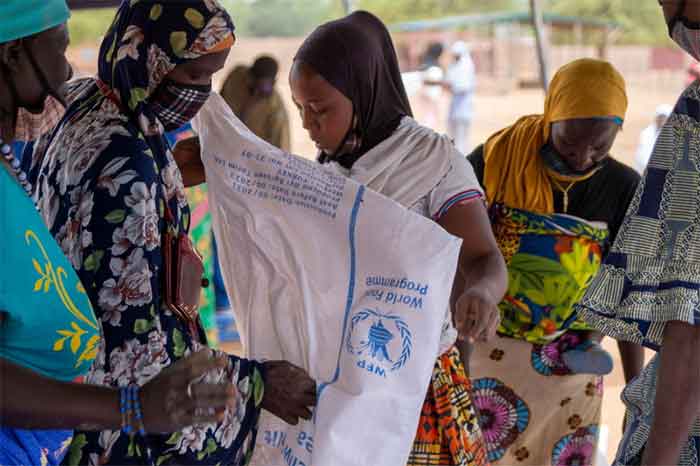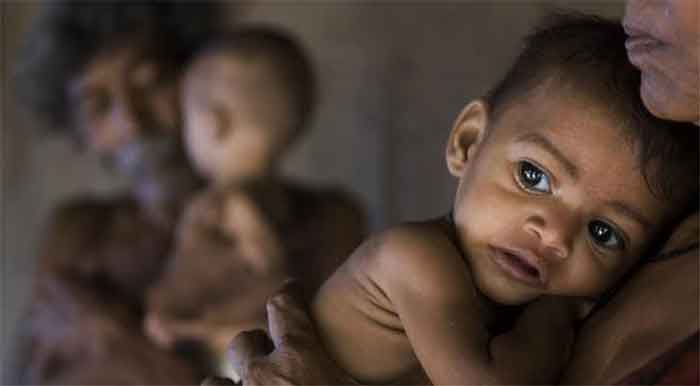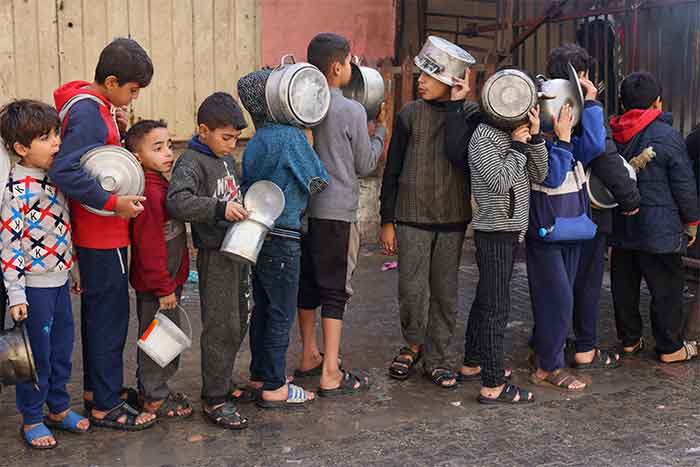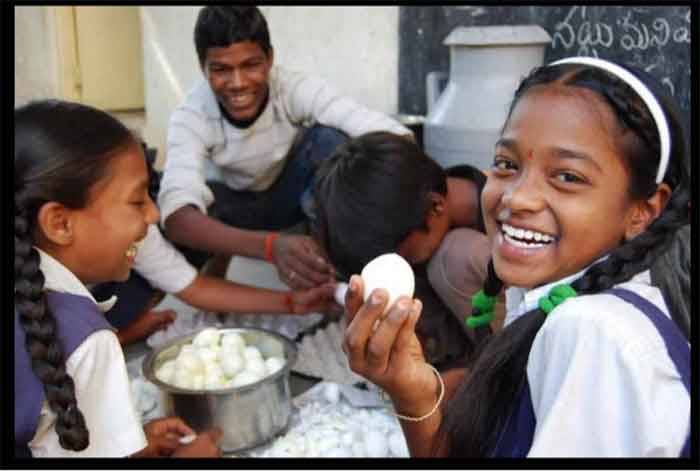
One of the less discussed side-effects of the Ukraine war is that it is likely to have aggravated the hunger crisis in many countries of Africa. Some of the countries more affected by hunger , like Somalia and the Democratic Republic of Congo ( DRC), had been getting substantial parts of their wheat imports from Russia and Ukraine, and to support its work in Africa the World Food Program (WFP) had been procuring a significant part of grains from Ukraine. In addition fertilizer and edible oil imports of Africa may also suffer due to the war, not to mention the impacts of wider trade and supply disruptions.
This comes on top of a prolonged drought in the Horn of Africa and several other parts of Sub-Saharan Africa, related also to climate change, conditions worsened further by pandemic related disruptions. However some researchers say that its own numerous conflicts and wars have contributed much more over the years to aggravating the hunger problem in Africa. This was made worse by the French, British and NATO intervention in Libya, leading to civil war conditions and harm to neighboring poorer countries whose migrant workers were earlier their livelihood in oil-rich Libya and sending remittances to home countries. After a long period of direct colonial plunder, in recent decades also promotion of their business interests by some of the most powerful countries in world in Africa has contributed to civil strife as well as livelihood disruption in several African countries.
These are the causes of hunger which are widely recognized, but the ones which are frequently neglected relate to inequalities and the worsening of these inequalities by the increasing grip of big business interests on farm and food sector.
In the middle of all these and other persisting serious problems, it is important to emphasize the urgency of the hunger crisis as in the past neglect has proved just too costly, resulting in several hundred thousand avoidable deaths.
The World Commission on Environment and Development (WCED) stated in 1987, during the period October 1984-April 1987 “the drought triggered, environment-development crisis in Africa peaked, putting 35 million people at risk, killing perhaps a million…As the drought receded , some 19 million people continued to suffer famine.”
As late as between October 2010 and April 2012, according to United Nations estimates (note dated May 2, 2013), as many as 260,000 people, over half of them children, died in famine in Somalia alone. The top UN Humanitarian Coordinator for Somalia stated that this happened partly because the international community did not act quickly enough.
Earlier during the drought in the Sahel region during 1970-74 when famine claimed about a hundred thousand lives, the situation relating to failure of timely international realization of the tragic situation was even worse as during these four years of a prolonged drought, there was actually a net movement of food away from the region to more paying markets.
Hence there is a clear need for more and better realization of hunger and famine conditions at the right time. In this context it is important that several prominent voices have been warning about the on-the-ground situation in recent times becoming more and more serious.
In March 2021 the FAO and the WFP released a report on hunger hotspots of the world where the situation was serious and likely to worsen in the coming days. The 20 countries mentioned in this report included as many as 12 countries from Africa—Burkina Faso, Somalia, Central African Republic, Niger, Sierra Leone, Madagascar, Mali, DRC, Ethiopia, Sudan, South Sudan and Mozambique. A more updated account is likely to add several other countries and regions from Africa— for example substantial parts of Kenya and Nigeria.
A substantially stepped up relief and development effort is urgently needed with the cooperation of African governments and community organizations on the one hand and the international community on the other hand. The overall conditions for this at world level are not favorable just now as the attention is too concentrated on Ukraine, but nevertheless efforts should be made.
While the immediate concern has to be to ensure that food reaches those who are most seriously affected by hunger, feeding programs obviously cannot function in a vacuum. Unless these are accompanied by adequate local efforts for promoting sustainable and ecologically protective livelihoods, using low-cost, affordable, climate-resilient technologies based mostly on local resources to produce staple foods, the dependence on feeding programs will go on increasing as people go from one crisis to another crisis.
Unfortunately in recent years too many resources have been wasted on expensive, ecologically harmful and costly methods of increasing farm productivity which have not succeeded despite being subsidized heavily. If production of some favored crop has increased, it has been achieved at the cost of hardier traditional crops, including various millets, which are better suited to withstand dry and adverse weather. These is need now for more respect for rich local biodiversity and traditional wisdom, which promoted in many fascinating ways the best use of scarce resources on the basis of a mutually protective relationship of settled farming and nomadic pastoral cultures. Such deeper understanding will no doubt contribute much to better understanding of present needs too.
There is increasing realization that farming and pastoralism have been harmed greatly due to the promotion of those priorities which are linked to narrow interests of big business and multinational companies. In this context the trends of colonial times have continued in several countries. When big land areas are cordoned off for agribusiness or mining or other big business interests without considering the impact of this on pastoral groups and small peasants or on the availability of staple foods, then this is bound to adversely impact the adequate local production of staple foods as well as the access of common people to staple foods. Similarly the trend of promoting more agribusiness pushed technologies and inputs among small farmers leads to increasing indebtedness among them which in turn leads to increasing possibilities of farmers losing a part or all of their farmland. Such trends must be resisted by following land reforms and social agro-ecology, combining concerns of equality, justice, sustainability and environment protection.
On top of all this, however, there is overwhelming need for peace, conflict resolution and stability, as it is only in these conditions that sustainable and durable justice-based solutions for resolving the livelihood and food crisis in keeping with local needs and conditions can be found for all countries and regions of the troubled continent.
Bharat Dogra is Honorary Convener, Campaign to Save Earth Now. His recent books include A Day in 2071 and Planet in Peril.
















































